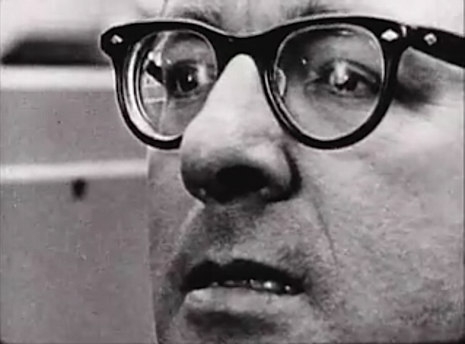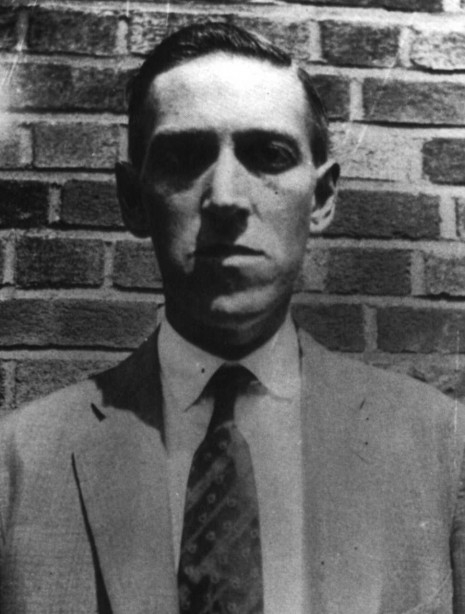
‘A writer moves about, observing, seeing as much as he can, trying to guess how man will play the game,’ Ray Bradbury said in Story of a Writer, a documentary on his life and work from 1963.
‘Constantly measuring the way life is, against the way he feels it ought to be. He is a magnet passing through a factual world, taking from it what he needs.’
Bradbury was always generous with his advice and encouragement, always willing to explain his method of writing to those who wanted to know. Writing was like a love affair.
“You must write every single day of your life… You must lurk in libraries and climb the stacks like ladders to sniff books like perfumes and wear books like hats upon your crazy heads… may you be in love every day for the next 20,000 days. And out of that love, remake a world.”
Bradbury worked his apprenticeship as a writer in libraries, which he later described as places where:
...anything could happen there and always did. All you had to do was pull a book from the shelf and suddenly the darkness was not so dark anymore.
In the “The Importance of Being Startled,” the afterword to his final novel, Farewell Summer, Bradbury described the process by which he wrote:
The way I write my novels can best be described as imagining that I’m going into the kitchen to fry a couple of eggs and then find myself cooking up a banquet. Starting with very simple things, they then word-associate themselves with further things until I’m up and running and eager to find out the next surprise, the next hour, the next day or the next week.
Surprise is everything with me. When I go to bed at night I give myself instructions to startle myself when I wake in the morning.
As Bradbury explained in Story of a Writer, allowing the ‘subconscious time to think’ was essential.
‘The time we have alone; the time we have in walking; the time we have in riding a bicycle; are the most important times for a writer. Escaping from a typewriter is part of the creative process. You have to give your subconscious time to think. Real thinking always occurs on the subconscious level.
‘I never consciously set out to write a certain story. The idea must originate somewhere deep within me and push itself out in its own time. Usually, it begins with associations. Electricity. The sea. Life started in the sea. Could the miracle occur again? Could life take hold in another environment? An electro-mechanical environment?’
This was the kind of thinking that made Bradbury’s book so irresistible. Anything was possible with Bradbury. He had a joyous, child-like enthusiasm for life that infused his books, with a brilliance and pleasure, that makes them so very, very special.
“Stuff your eyes with wonder, he said, live as if you’d drop dead in ten seconds. See the world. It’s more fantastic than any dream made or paid for in factories.”
Ray Bradbury, Fahrenheit 451.






